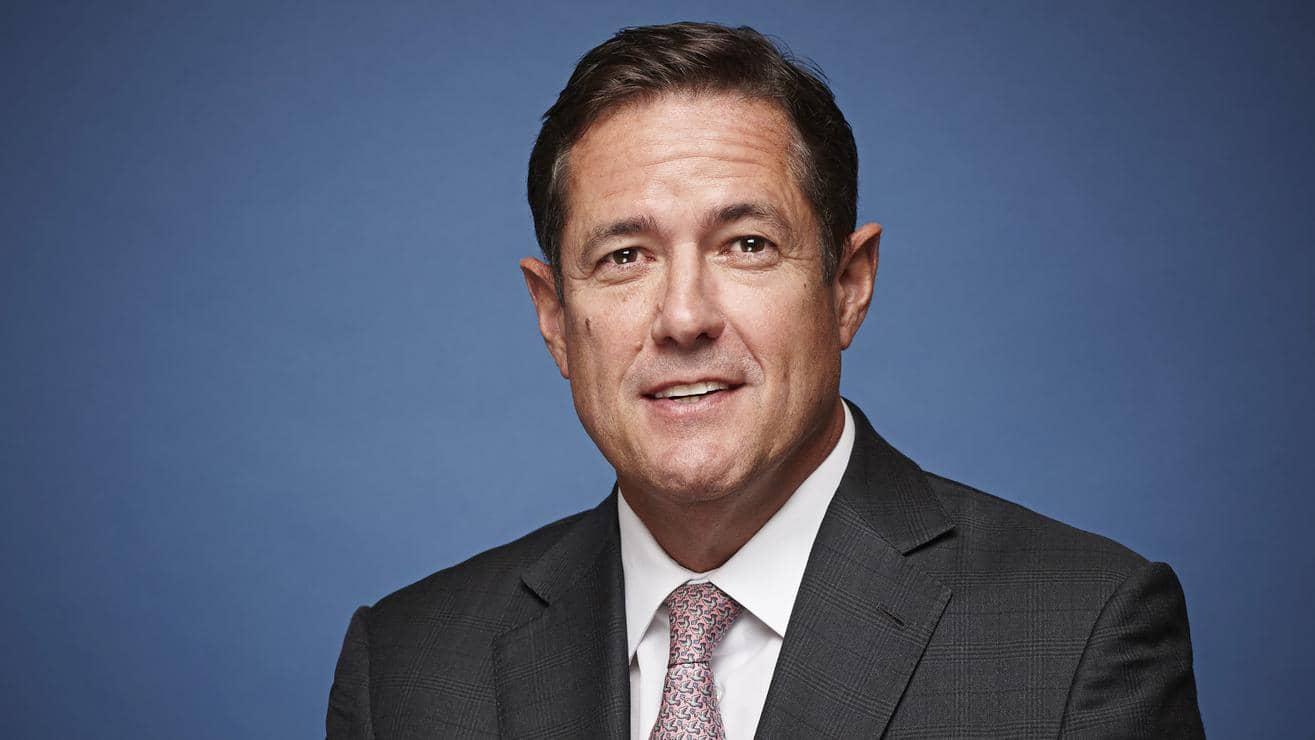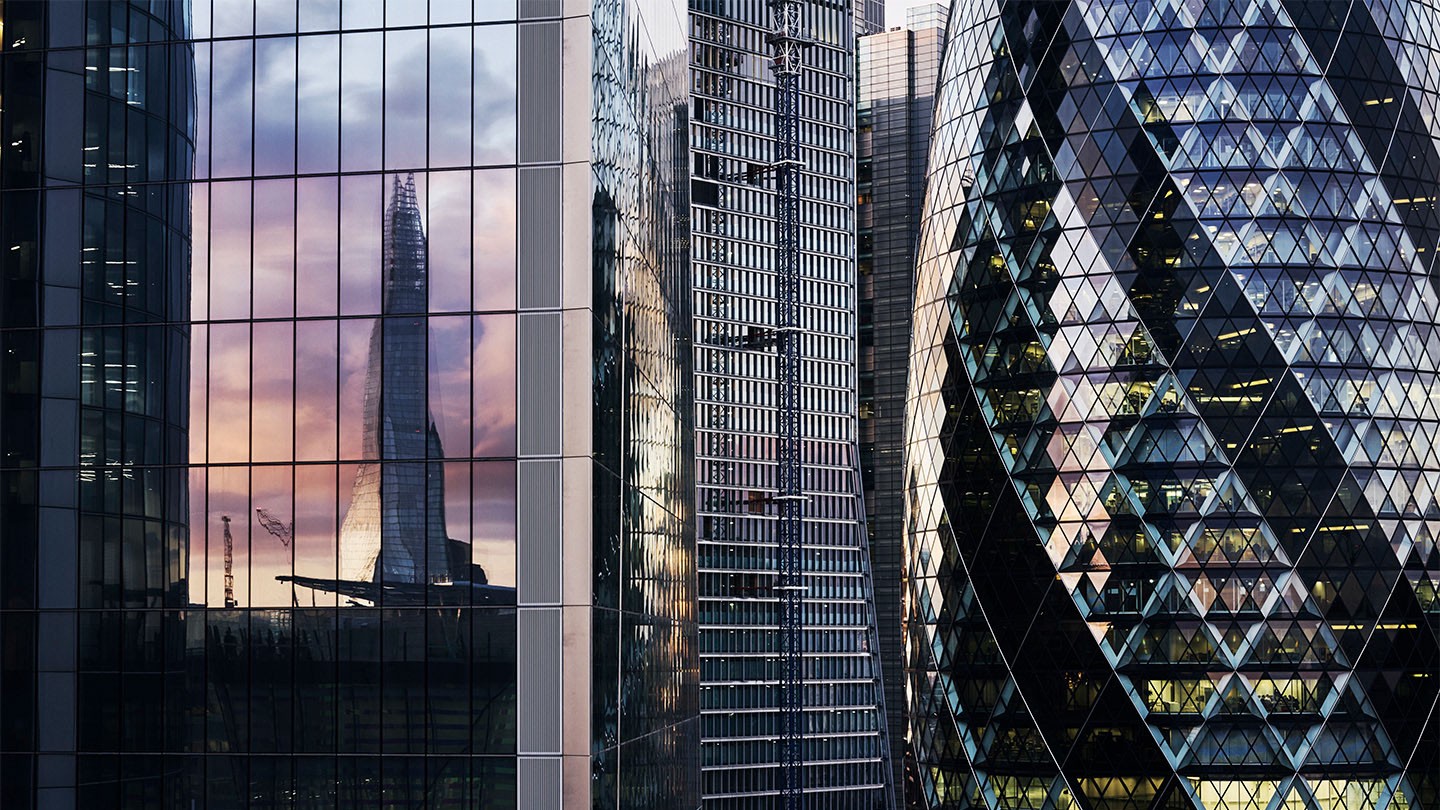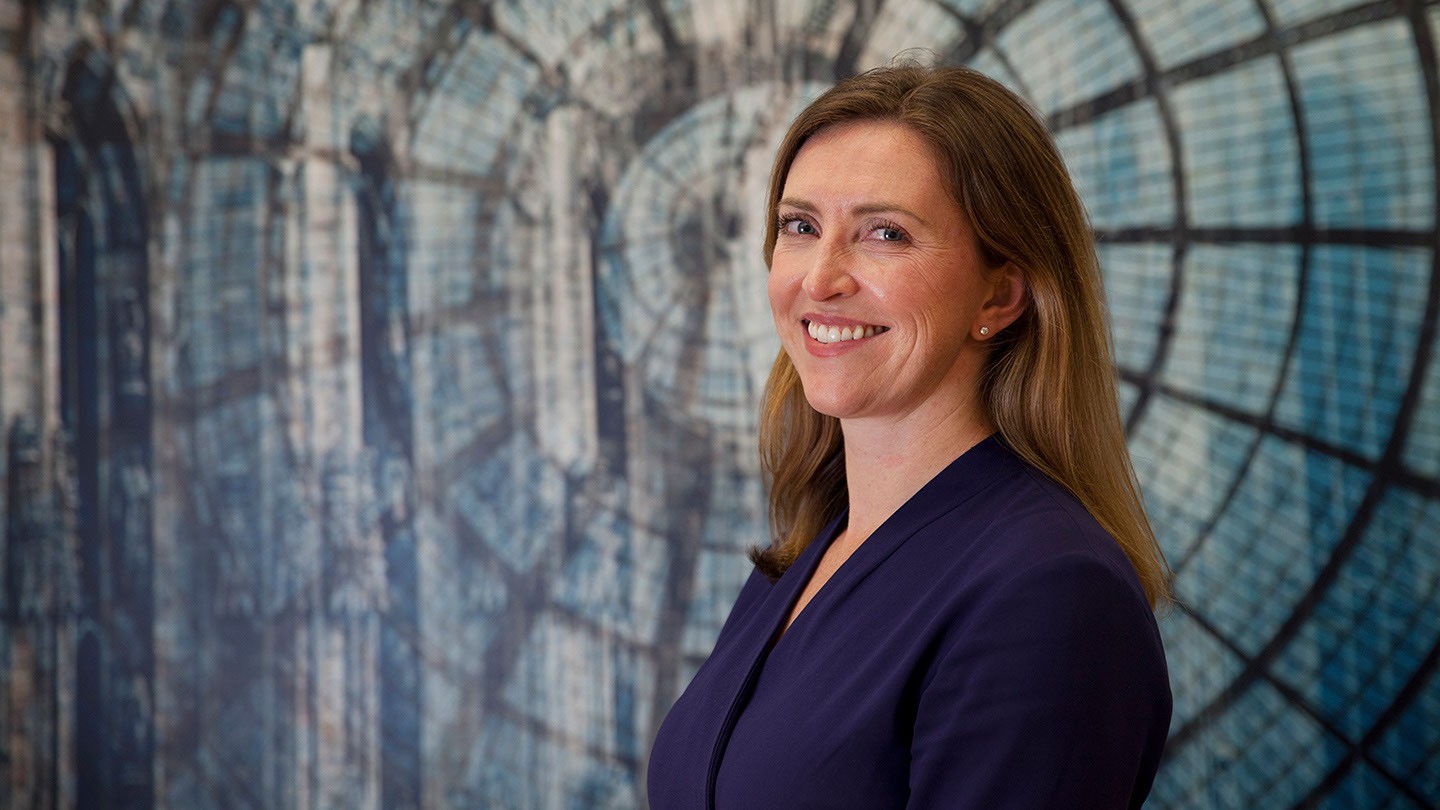
Our ambition to be a net zero bank by 2050
We believe that Barclays should take a leading role in tackling climate change and help accelerate the transition to a low-carbon economy.

Impact
Barclays CEO Jes Staley spoke at the 2020 Green Horizon Summit – a virtual event bringing together political and business leaders to address the pivotal role finance can play in building a more sustainable future.
Speaking at the three-day event, held virtually at Mansion House in London, UK, Staley told global attendees: “The impact the financial community can have if we work together in moving the green agenda can be quite extraordinary.”
Funding innovations that can help tackle climate change – and, importantly, measuring impact – were top of the agenda at the summit, which was hosted jointly by the City of London, World Economic Forum and Green Finance Institute and sponsored by Barclays. UK Chancellor Rishi Sunak and Christine Lagarde, President of the European Central Bank, also spoke at the event.
Mark Carney, UN Special Envoy for Climate Action and Finance – and former Bank of England Governor – said any post-COVID-19 recovery needed to be “capital and job-heavy, and the greatest commercial opportunity of our time” to avoid “a crisis which involves the entire world, and from which no one will be able to self-isolate.”
Speaking as part of the Mobilising finance for the recovery panel, Jes Staley told the global audience that “climate change is an existential risk and the market is moving in acknowledgement of this”
The impact the financial community can have if we work together in moving the green agenda can be quite extraordinary
CEO, Barclays
Earlier this year, Barclays announced an ambition to be a net zero bank by 2050. The bank committed to aligning financing activities to the goals of the Paris Agreement and set itself targets to provide £100bn of green financing by 2030 and invest £175bn over five years in innovative green companies.
Commenting on the commitment, Staley said: “It’ll require a lot of transition. One of the things we want to be a part of is getting a consensus of how to model the transition to net zero.”
Kristalina Georgieva, Managing Director of the International Monetary Fund, said finance has the responsibility and opportunity of funding a new “industrial revolution” in green innovation – financing the future and enabling society to achieve long-term goals that require large capital injections.
Part of our purpose
As a leader in the field, Barclays has the ability to actively engage with and arrange finance for clients to help them understand, plan and execute the move to net zero. The bank can also serve entrepreneurs who are scaling up the tech to accelerate this change. Having facilitated £13.1bn of green financing between 2018 and 2019, Barclays is well placed to use capital markets to provide opportunities that can benefit both investors and companies in this space.
The bank also has a particular focus on ‘transition finance’ – providing the finance to enable energy and other companies to invest in the necessary technology and infrastructure to pivot their business models to green energy.
Speaking on the third day of the event, at a panel on plans for the transition to net zero, Barclays’ Global Head of Sustainability and ESG, Elsa Palanza, said: "We recognise that we're responsible for our portfolio, but we want to make sure that we're also being stewards for the real economy.
"There's a huge amount of capital to be deployed and it's a matter of getting it into the right conduits to make that change happen. It's really exciting to see new instruments being made available and now it's just a matter of plugging those in.”
We recognise that we're responsible for our portfolio, but we want to make sure that we're also being stewards for the real economy
Global Head of Sustainability and ESG, Barclays
Staley’s remarks followed speeches at the Green Horizon Summit 2020 on Monday from Carney, Georgieva and Lagarde. Addressing the second day of the event, His Royal Highness The Prince of Wales told attendees: “Achieving a sustainable future is the growth story of our time and can, in fact, fuel our post-pandemic recovery in a way that benefits people’s lives and livelihoods and nature’s own economy and pays dividends for decades to come. But the window for action is rapidly closing.”
“There’s a social obligation we have as an institution,” said Staley. “It’s part of our purpose as a firm – it’s valuable, it’s important, and ultimately we’re all in the same boat in the long term. Being socially responsible with the climate is something that an institution like Barclays, that’s been around for 330 years, needs to embody.”
We believe that Barclays should take a leading role in tackling climate change and help accelerate the transition to a low-carbon economy.
Barclays is an organisation driven by its purpose. Through the way we run our business, we seek to create opportunities for our customers and clients, our colleagues, our investors, and for society more broadly.


